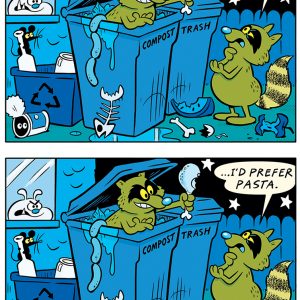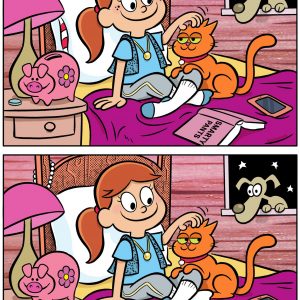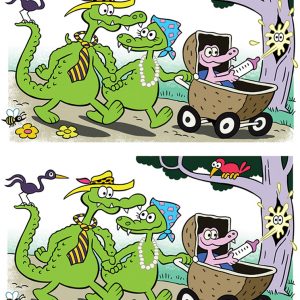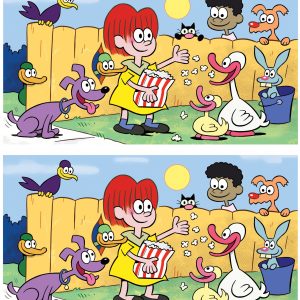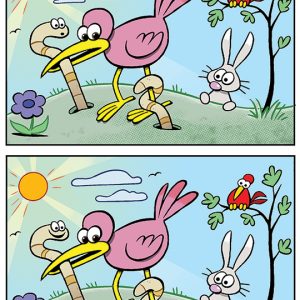Welcoming a litter of playful puppies into your life is an experience filled with laughter, love, and tiny, enthusiastic yaps. In the charming scene above, a delighted little girl gazes adoringly at a proud mama dog surrounded by her energetic puppies, set against the backdrop of a cozy garage turned puppy haven. From preparing a safe space to mastering feeding schedules and early socialization, here’s everything you need to know to ensure your new furry family thrives.
Preparing the Perfect Puppy Playpen
Before those adorable paws hit the floor, create a designated puppy zone that’s secure, clean, and comfortable. Use a large exercise pen or baby gates to section off a corner of a quiet room—like a garage or spare bedroom—away from drafts and household hazards. Line the area with washable bedding or puppy pads for easy cleanup. Include these essentials:
- A cozy dog bed or soft blankets for naptime.
- Food and water bowls at a low height so puppies can reach easily.
- A variety of safe chew toys to satisfy teething urges.
- A durable crate for crate-training and nighttime safety.
Keeping everything contained helps you monitor the litter’s health, prevents accidents around the house, and gives mama dog a stress-free retreat.
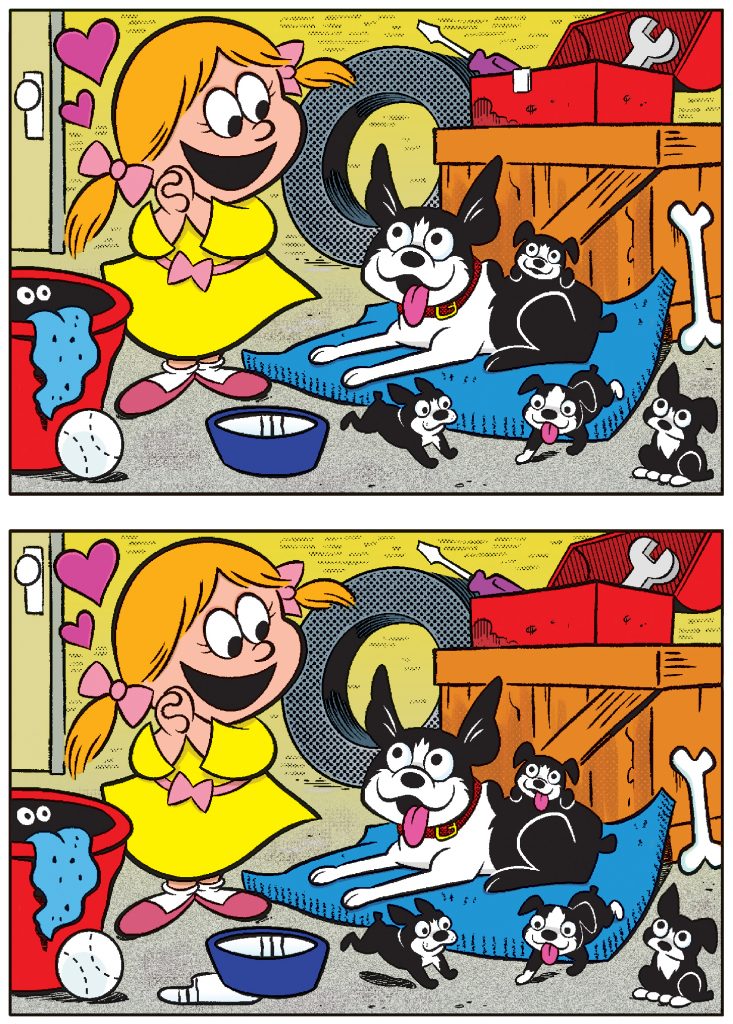
Mastering Puppy Nutrition: What, When, and How Much
Puppies grow at lightning speed and require nutrient-dense meals to support their development. For the first few weeks, rely on mama’s milk, but once they near four weeks old, begin a gradual weaning process:
- Mix high-quality puppy kibble with warm water or puppy formula to create a gruel-like consistency.
- Offer small amounts in shallow dishes four times a day.
- Slowly reduce liquid over the next two weeks until the puppies enjoy solid kibble.
Monitor each pup’s appetite and weight gain. If one seems smaller or slower to eat, gently hand-feed it in a quiet corner to ensure no one goes hungry. And always provide fresh water in a spill-proof bowl—hydration is key for health and energy.
Early Socialization: Building Confident Canines
Between three and fourteen weeks of age, puppies experience a crucial socialization window. Use this time to expose them safely to new sights, sounds, and gentle handling:
- Invite friends and family for supervised visits so pups learn to trust strangers.
- Play gentle music or household noises at low volume to build noise tolerance.
- Introduce different surfaces—carpet, tile, grass—to help them navigate any terrain with ease.
Remember to go at the puppies’ pace. If one pup hides behind mama, respect its boundary, and try again later. Positive experiences now shape well-adjusted adult dogs.

House Training Hacks: From Puppy Pads to Outdoors
Accidents are part of puppyhood, but a clear routine accelerates success. Start indoors with puppy pads placed near the exit to the yard. Every two hours—and after meals, naps, or play sessions—gently guide pups to the pad, praising them when they go. As they grow, move the pads incrementally closer to the door, eventually transitioning them outside. Consistency, patience, and enthusiastic rewards make puppies eager to learn where “outside business” belongs.
Grooming and Health Check Essentials
Early grooming sessions get puppies comfortable with brushing and handling. Use a soft brush on their coat, gently wipe eyes and ears with damp cotton, and trim nails carefully—rewarding each puppy afterward with a treat. Schedule vaccinations and deworming as recommended by your veterinarian, and watch for signs of illness such as lethargy, vomiting, or poor appetite. A simple daily health check—looking for clear eyes, clean ears, and firm stool—keeps you ahead of potential issues.

Bonding Through Play: Strengthening the Human–Dog Connection
Playtime is more than fun—it reinforces your bond and channels puppy energy into positive behaviors. Rotate toys to keep pups interested:
- Tug ropes for gentle chases under supervision.
- Puzzle toys stuffed with treats to stimulate developing minds.
- Soft plushies for cuddle sessions and early fetch practice.
Engage in short, frequent play bouts to avoid overstimulation. Each shared moment—whether it’s a gentle belly rub or a game of puppy fetch—solidifies trust and teaches pups that you are their safe haven.
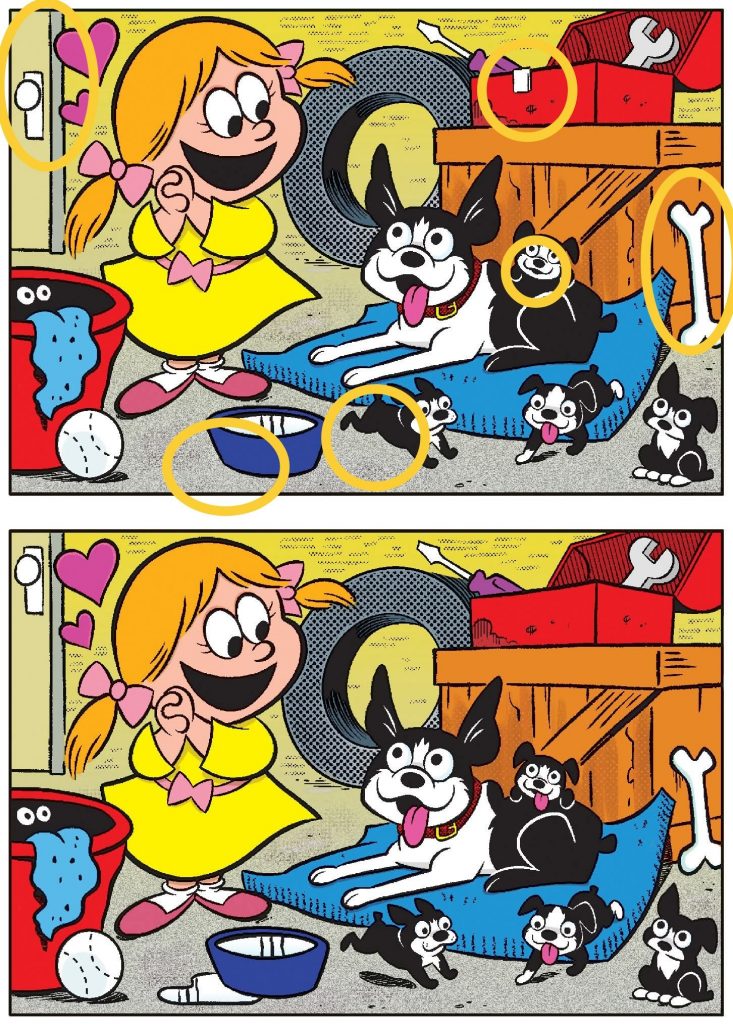
Conclusion
Raising a litter of puppies involves careful preparation, consistent routines, and plenty of love. From setting up a secure playpen and mastering weaning diets to socializing young pups and establishing house-training habits, every step shapes their future confidence and health. By blending structure with play and attention with gentle guidance, you’ll help each puppy blossom into a well-mannered, joyful companion. So grab those chew toys, line up the puppy pads, and get ready to embark on the most heartwarming journey of puppy parenting!
